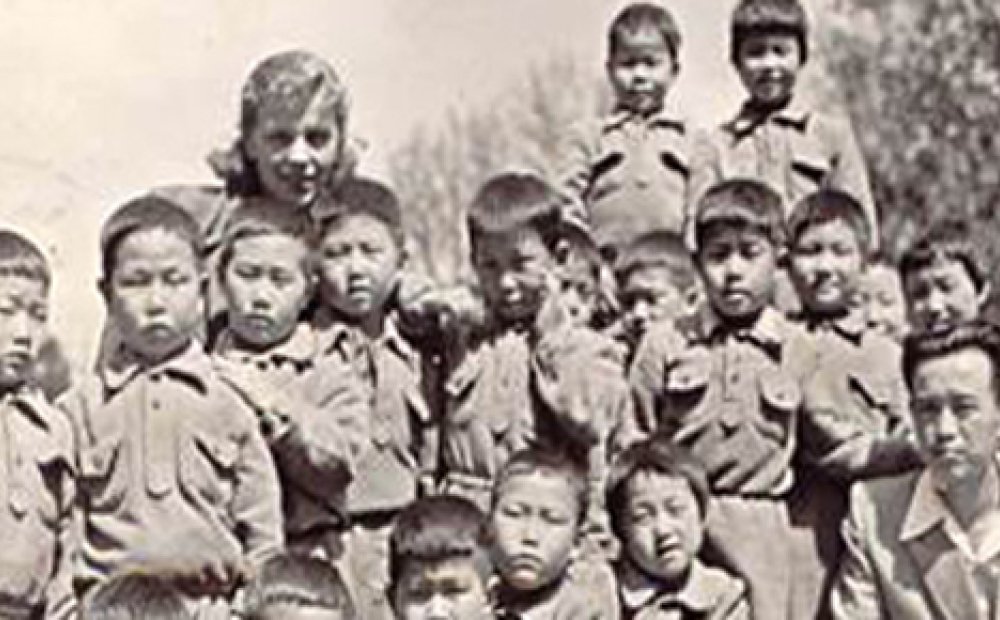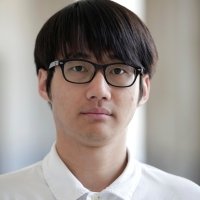North Korean War Orphans in Transnational Educational Exchange

Photo courtesy of Edward Jędral
Contested Institution, Państwowy Ośrodek Wychowawczy* no. 2 (POW no.2):
The Identity Formation of North Korean War Orphans in Transnational Educational Exchange
More than 100,000 children from both North and South Korea were orphaned during the Korean War. In 1953, the North Korean government dispatched 1,200 orphans to the People’s Republic of Poland to be educated at Państwowy Ośrodek Wychowawczy* no. 2 (POW no.2), a boarding school transformed into an orphanage. Under the supervision of North Korean authorities and the Polish government, POW no. 2 provided a bi-lingual (Polish and Korean) and bi-cultural elementary education. The orphans were repatriated after six years, at the insistence of the North Korean government, as tensions between Pyongyang and its communist allies began to emerge. As letters written back to Poland following their repatriation reveal, the uprooting of these children from their school and adopted community was a traumatizing experience. In the context of transnational identity formation, the North Korean orphans provide a unique case study in exploring the historiography of transnational communist history among different communist countries during the Cold War. This study examines the complicated process of how the orphans defined their identity based on their experience of interacting with their Polish teachers—who became like foster parents—and deploying their subjectivity in the process.
Intaek Hong, North Korea International Documentation Project (NKIDP) Intern, will present his research. The presentation will be moderated by James F. Person.
Speaker

Moderator

Professor of Korean Studies and Asia Programs, JHU SAIS; Senior Fellow, Foreign Policy Institute, SAIS
Hosted By

North Korea International Documentation Project
The North Korea International Documentation Project serves as an informational clearinghouse on North Korea for the scholarly and policymaking communities, disseminating documents on the DPRK from its former communist allies that provide valuable insight into the actions and nature of the North Korean state. Read more


Cold War International History Project
The Cold War International History Project supports the full and prompt release of historical materials by governments on all sides of the Cold War. Read more


History and Public Policy Program
A leader in making key foreign policy records accessible and fostering informed scholarship, analysis, and discussion on international affairs, past and present. Read more
